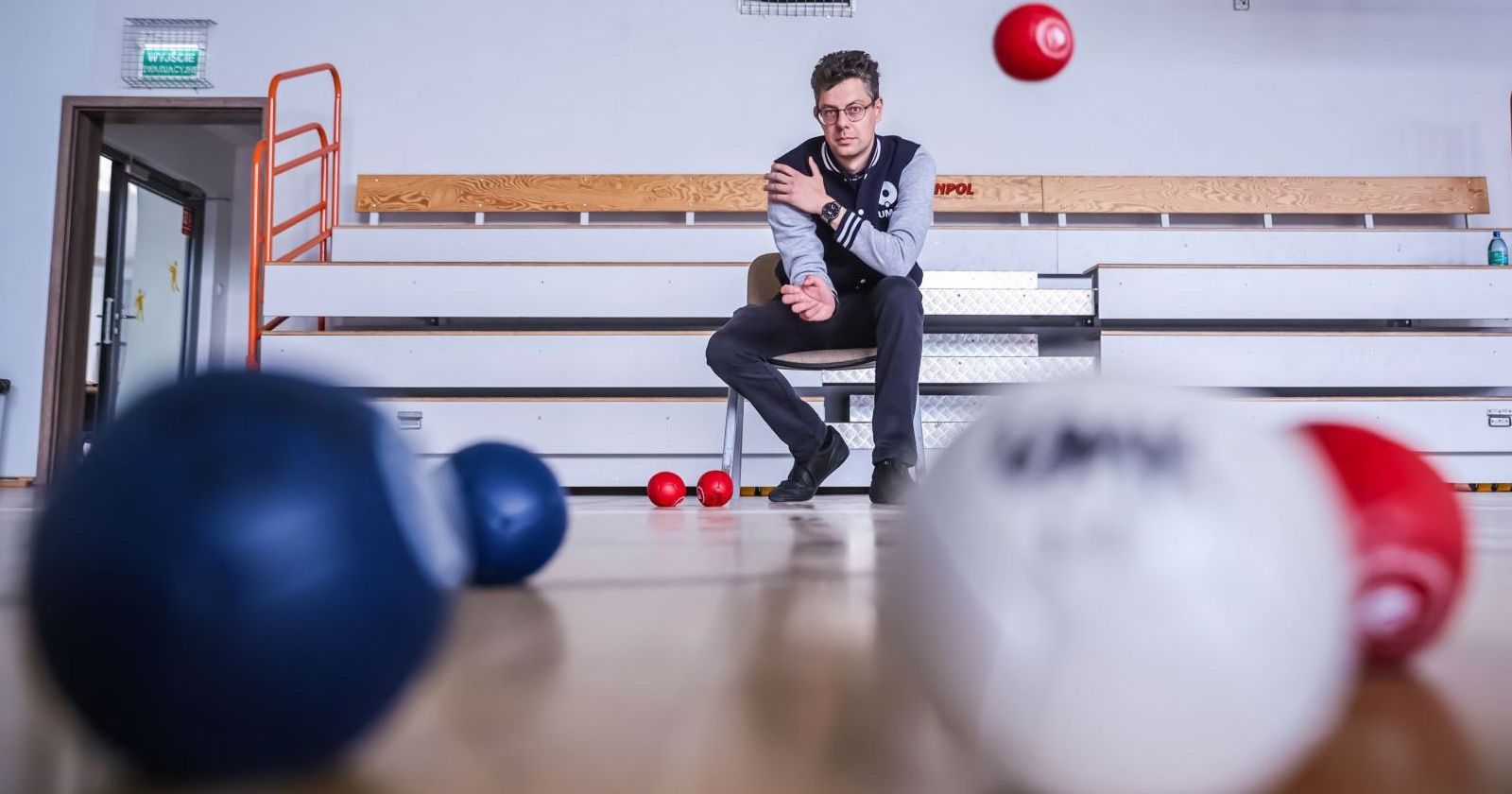 Sports
Sports
Sport without barriers
A disability certificate does not have to be an obstacle to practise sport and be successful, prove the NCU athletes who started their boccia training recently, but can already boast medals.
The role of sporting activity and its beneficial effects are indisputable. One of the most important recommendations for a healthy and long life is precisely movement, above all sport - this is what the World Health Organisation recommends. Among other things, activity increases muscular endurance, reduces the level of bad cholesterol, increases lung capacity, oxygenates the blood and supports heart function. The result is a better sense of wellbeing, less tension and the alleviation of long-term stress. Practising sport also translates into mental health: it can soothe nerves, increase confidence and self-esteem, and give motivation to face daily challenges.
The importance of integration
"The integrative role of sport should not be forgotten either. After all, it helps to make friends and build bonds, gives a sense of belonging and acceptance. It teaches discipline and teamwork. It is also an opportunity to demonstrate one's capabilities, to set new goals and achieve them consistently, and to break down barriers of various kinds. It is important for everyone, but - I think - especially for people with special needs," says Mikołaj Piekut, coach and specialist in the Support Team for People with Special Needs at the NCU's Centre for Support and Personal Development.
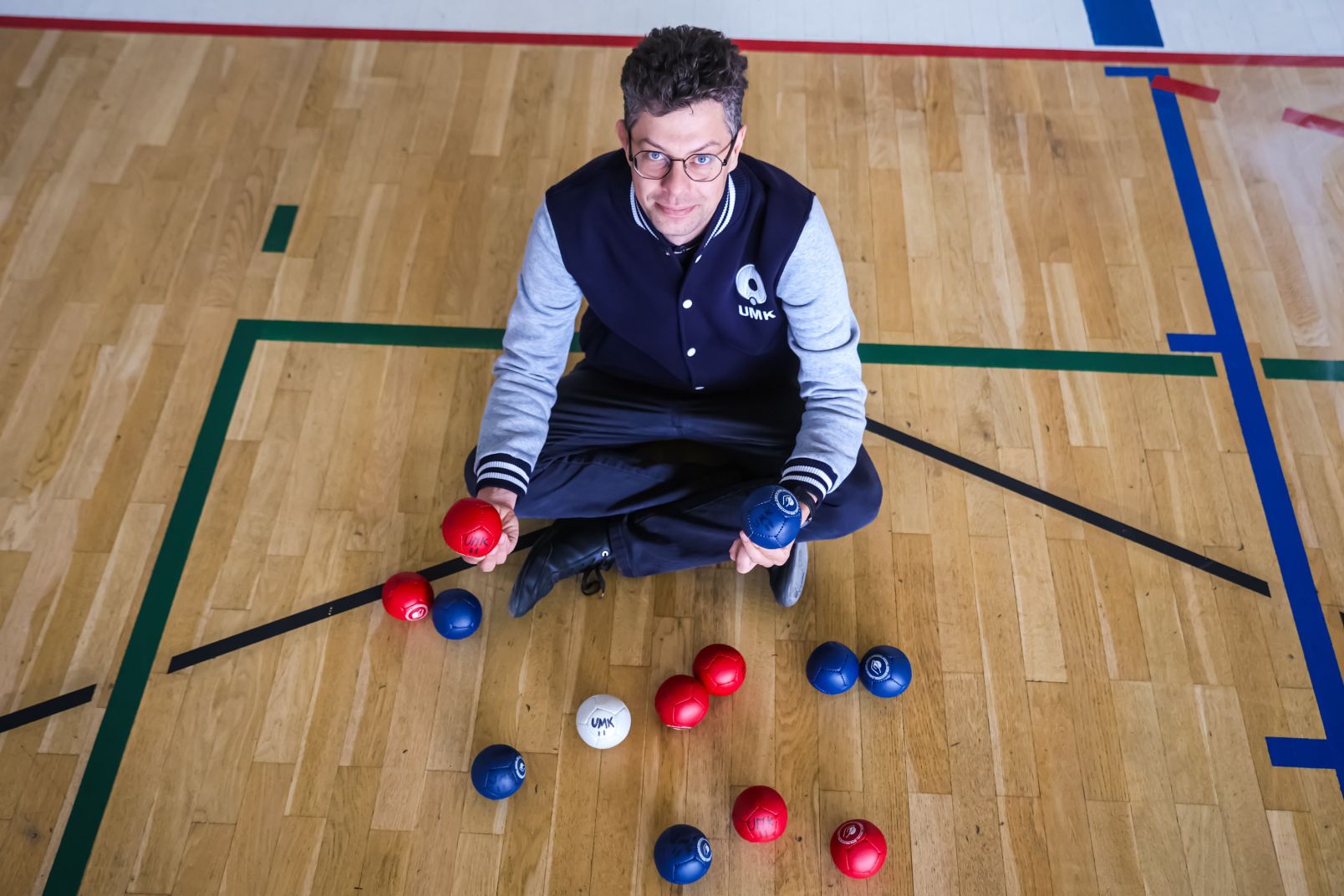
He adds that more and more people, regardless of their limitations, want to engage in various forms of physical activity. Sport for people with disabilities is currently growing rapidly through the University Sports Association (AZS) and the series of the Integrative Polish Championships.
This development is even faster than in traditional sports," says Piekut. "And although there is an increasing number of sports in which people can exercise, such as weightlifting, goalball, chess, sitting volleyball, athletics, swimming, shooting and tennis, people with special needs do not always have access to them, due to various types of barriers".
Rapid successes
The first Kujawsko-Pomorskie Boccia Championship for the NCU Vice- Rector for Student Affairs Cup was organised at our university in December 2023. It was held in the hall of the University Sports Centre. Our team was a beginner, so it did not have any significant success at that time. However, the following months of training brought excellent results.
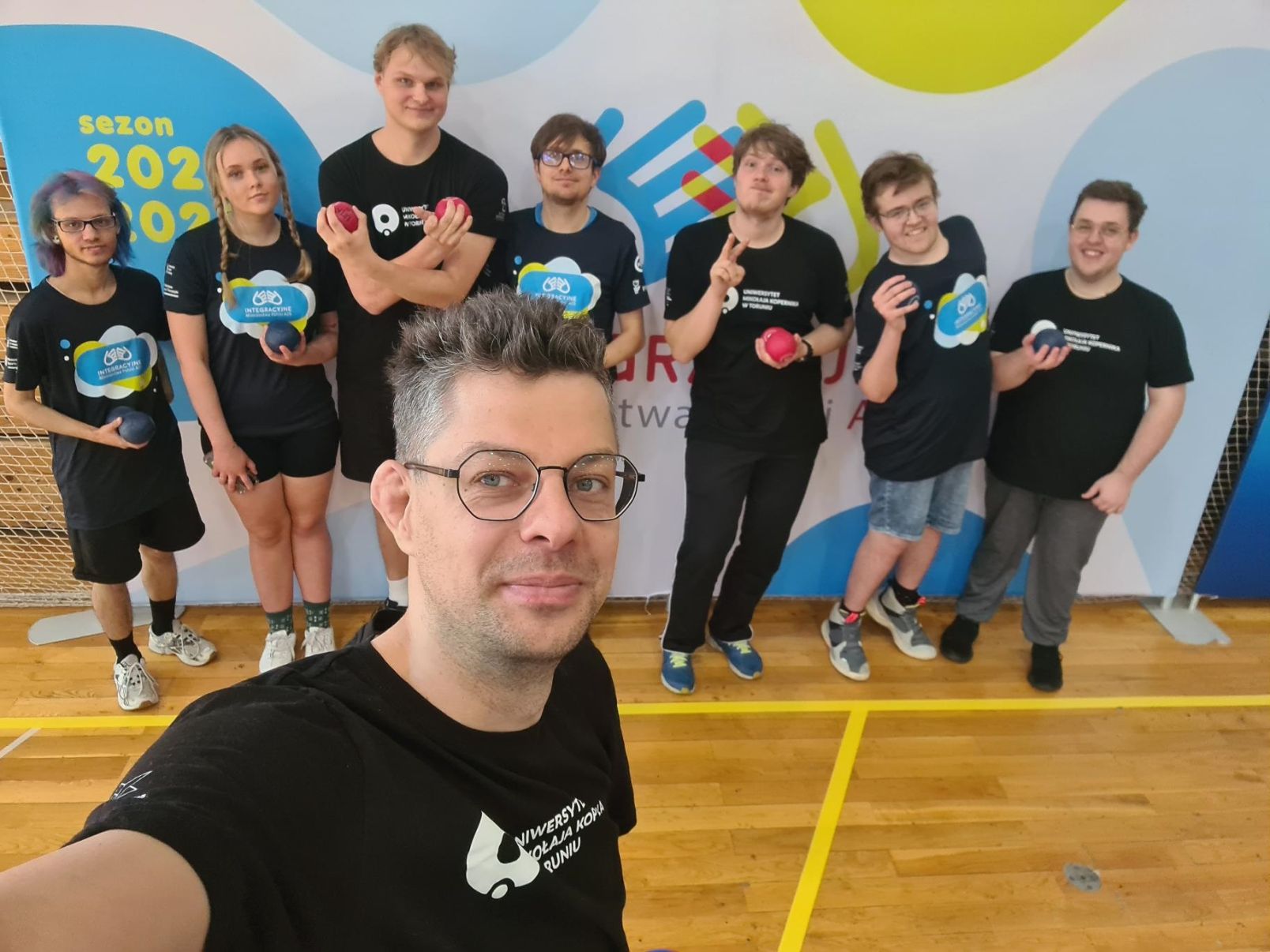
"In May this year, we went to the Polish Integrative Championships in Zielona Góra. Our teams did very well," says Mikołaj Piekut. "Maciej Szymański, who became the individual vice-champion of AZS Poland in Boccia, can feel most satisfied. There was also a big success for Weronika Galant, who was just behind the podium - she took fourth place. We also had reason to be proud of the whole team - one of the teams took fourth place in the general classification and the other was among the top ten".
French-Italian origins
Boccia is a game that originated in France and Italy. There it is known as pentaque, boule and bocce. It has been adapted and aimed at people with disabilities, mainly of the central nervous system. Since the 1992 Barcelona Olympic Games, it has become a permanent Paralympic sport.
The rules of the game are not complicated. The game is played on a 12.5m x 6m court. Players use balls filled with pellets - one white ball and six red and six blue balls. While seated, they put the balls into play by throwing, kicking or using support equipment and the help of an assistant. The player who has chosen the red balls after the draw starts the game by throwing out the first white ball (the so-called Jack). The aim of the players is to roll their balls so that they are as close to it as possible. The next throw belongs to the opposing player. The person whose ball is closer to the white ball then makes the move.
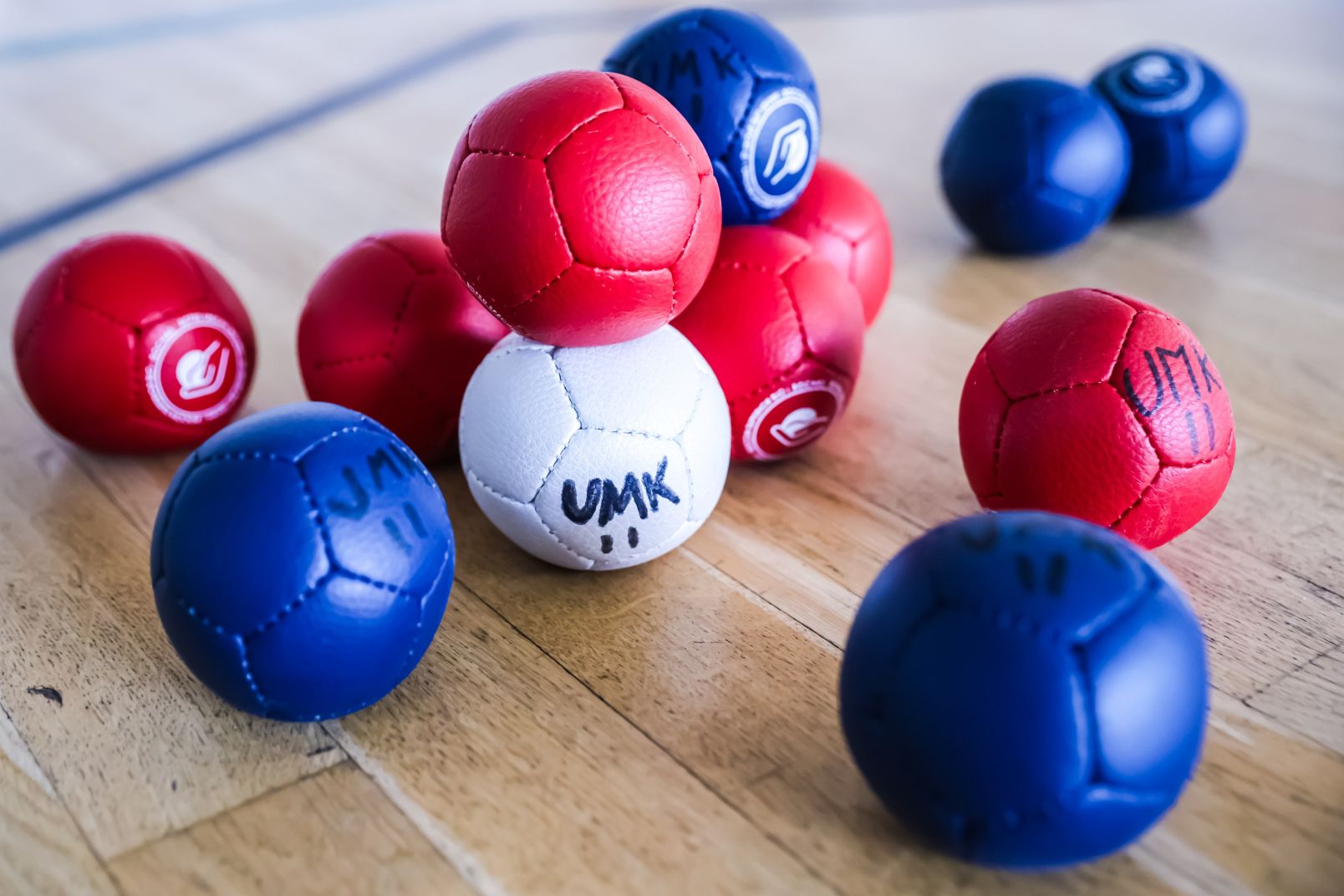
Once all the balls have been thrown, the round ends. The referee measures the distance and announces the score, which is the sum of the number of balls of one colour closest to the white Jack.
The game is simple, which does not mean that it provides little excitement or sporting challenge. So there were no problems with putting together a team," says Mikołaj Piekut. "As you can see, mobility restrictions do not have to be an obstacle to incorporating sport into one's everyday life. It is enough to create the right conditions for training, and willing participants will be found".
Last but not least in the case of boccia, the game can involve everyone who is interested - not just those with special needs.
"Physical activity, in this case playing boccia, allows one to overcome many adversities. It gets you through difficult times and is a form of rehabilitation not only for the body, but also for the mind. To a large extent it is just good fun," explains Mikołaj Piekut. "Our aim is also to integrate different circles, our entire academic community, so anyone interested can join us".
Proactive plans
Mikołaj Piekut emphasises that efforts are underway to further develop the sports offer for people with disabilities at our University. Both in terms of enabling access to the sports we already run, as well as introducing completely new sports.
"I believe there will be no shortage of volunteers," says Piekut. "All you have to remember is to adapt the activity to your needs and abilities. With the support of the University Centre for Support and Personal Development and the University Sports Centre, I know this will be possible".
NCU students and staff interested in training or sport for people with disabilities are asked to contact the Support Team for People with Special Needs: ul. Reja 25 (at Student House No. 12, entrance from ul. Fałata by the 'Research University' mural), - phones: 56 611 49 83 or 510 550 865 or directly with Mikołaj Piekut - phone: 56 611 49 83 or e-mail: mikolaj.piekut@umk.pl
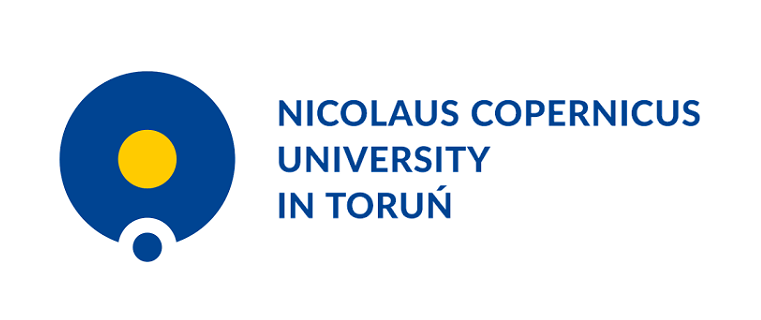 NCU News
NCU News






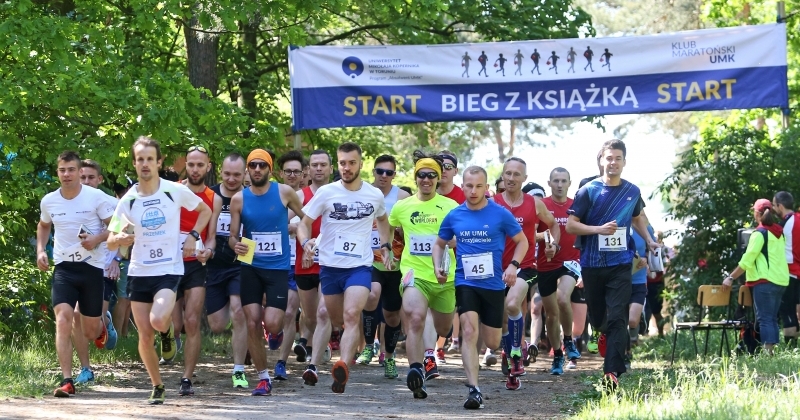 Sports
Sports
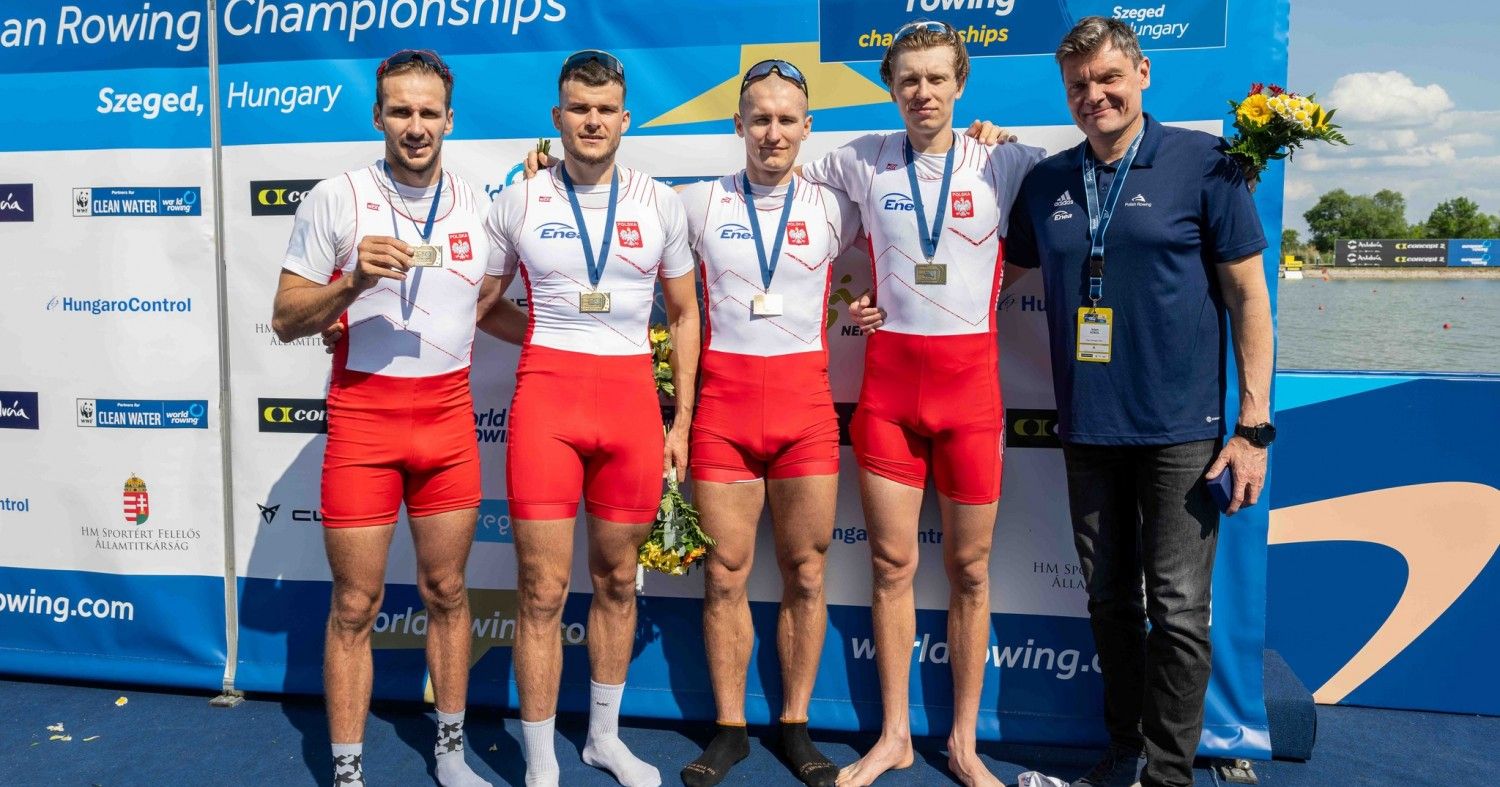 Sports
Sports
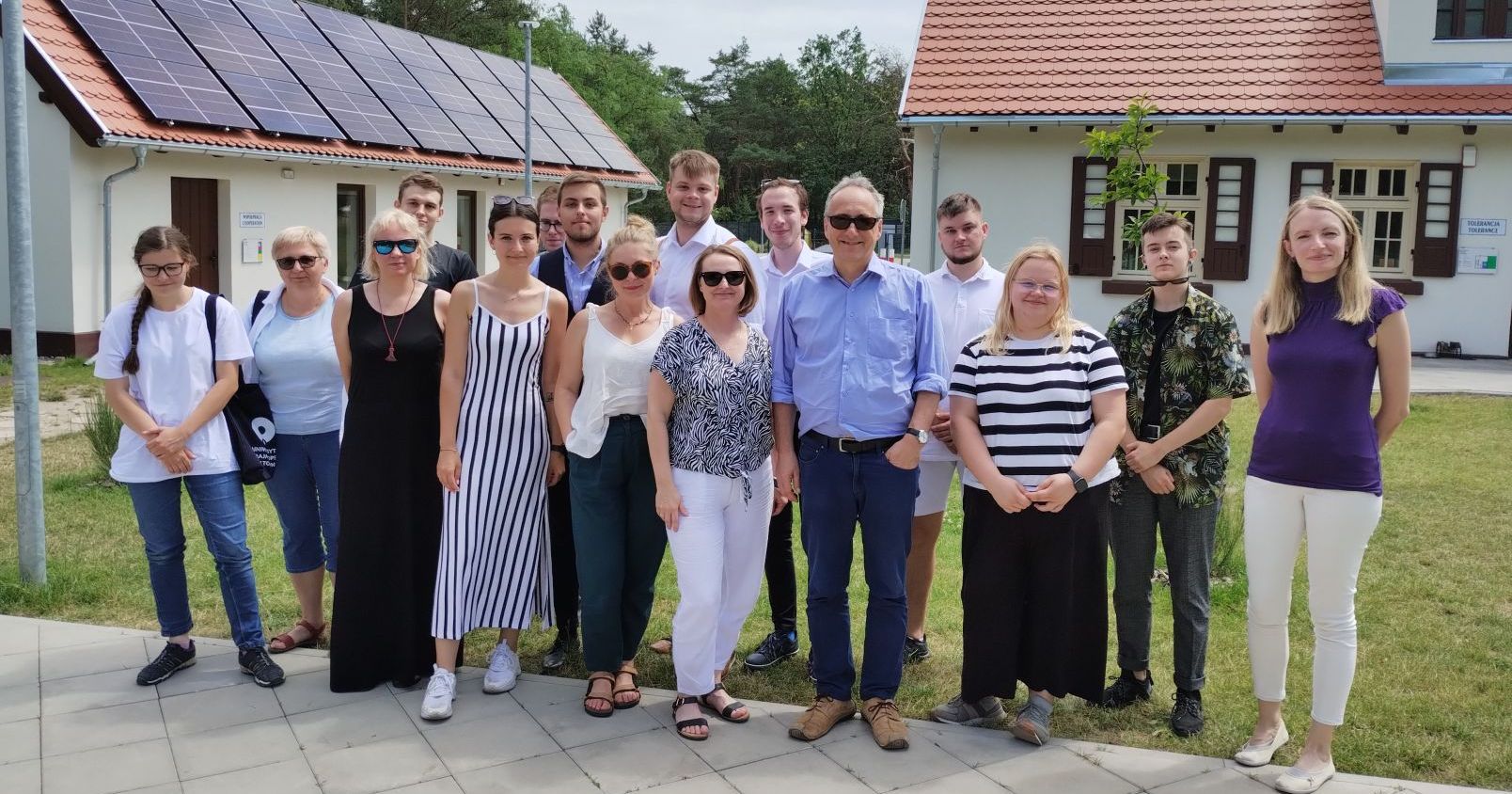 Campus life
Campus life